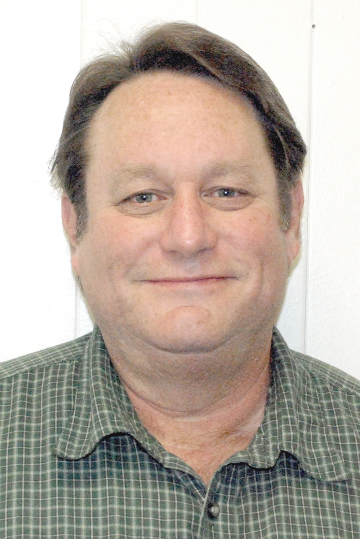 Somehow we must find a better balance between our thirst for news and the race by electronic media outlets to gain an edge in providing details.
Somehow we must find a better balance between our thirst for news and the race by electronic media outlets to gain an edge in providing details.
The bombing at the Boston Marathon and the aftermath last week left us looking for answers. The most important question is why this happened. But people are also pondering how we as a society react, and that includes the news.
The streets of Boston were only a few clicks from our view last week. We are heartbroken at lost lives and suffering from injuries. The bombs also invaded a place where our society felt secure and exhibited joy. An event that represents the best of us was, temporarily, stained by the worst.
We must have freedom of speech and unfettered journalism. The countries on Earth with the biggest problems are those without a free press. The less freedom there is for the press, the greater the problems because problems hidden from view don’t get solved. North Korea is a sad poster child for this.
But never in human history, in free societies, has media been so instantaneous and detailed. Mainstream media editors and producers must make tough decisions about what to broadcast and when. But also, social media is a format for anyone to offer information or echo what someone else has offered.
News outlets race to be first with information to build viewership. Last week, that led to rumors often being broadcast as facts. These things have gone in cycles in our history. Wild reporting in the newspaper industry a century ago led to credibility issues with the public. The most professional news organizations crusaded for greater verification of information and facts only. Credible news organizations thrived the most. But pressures created by the digital age and watchable screens on everything from cell phones to desktop computers and flat screen televisions have lowered journalistic standards.
Our quandary is where to draw the line? More information can reduce fear and confusion. But wrong information can do the opposite.


